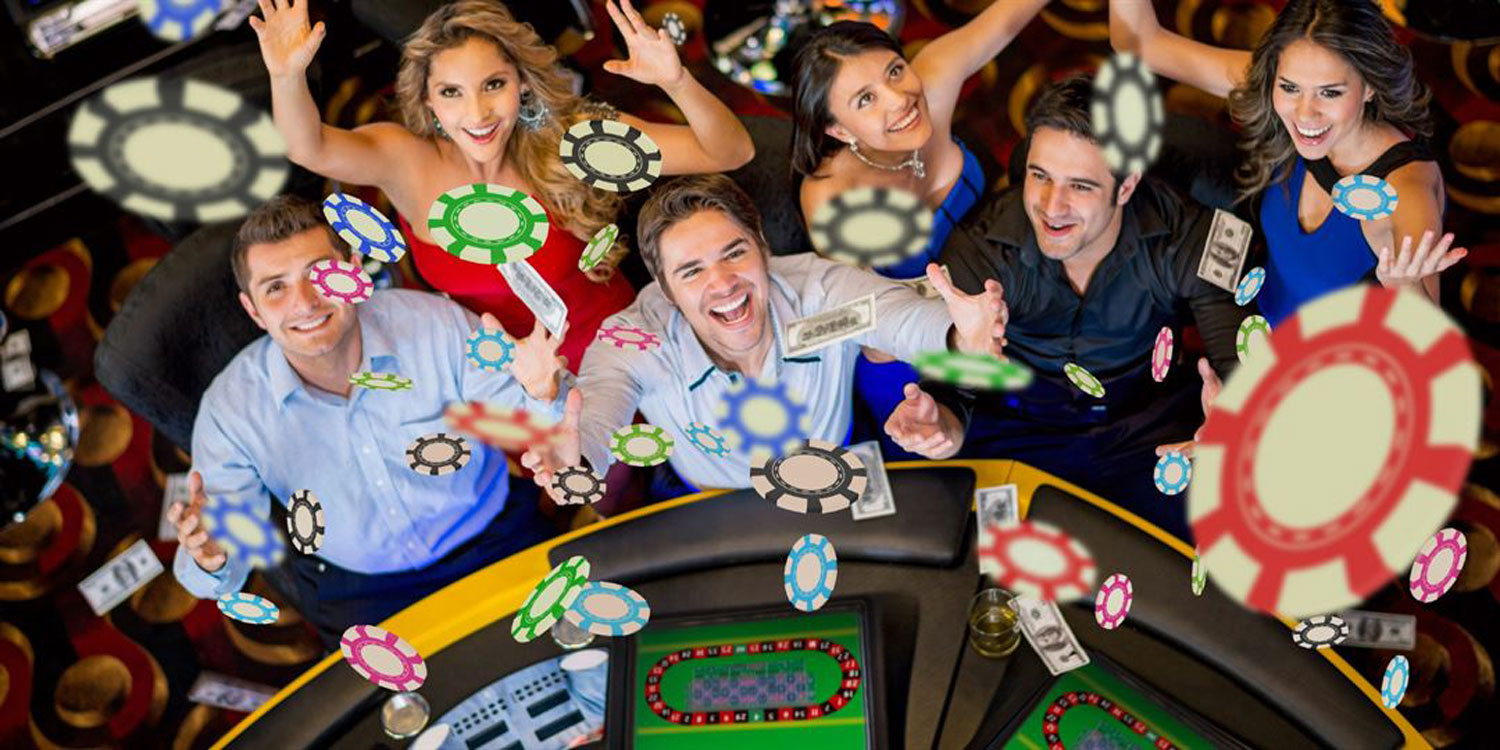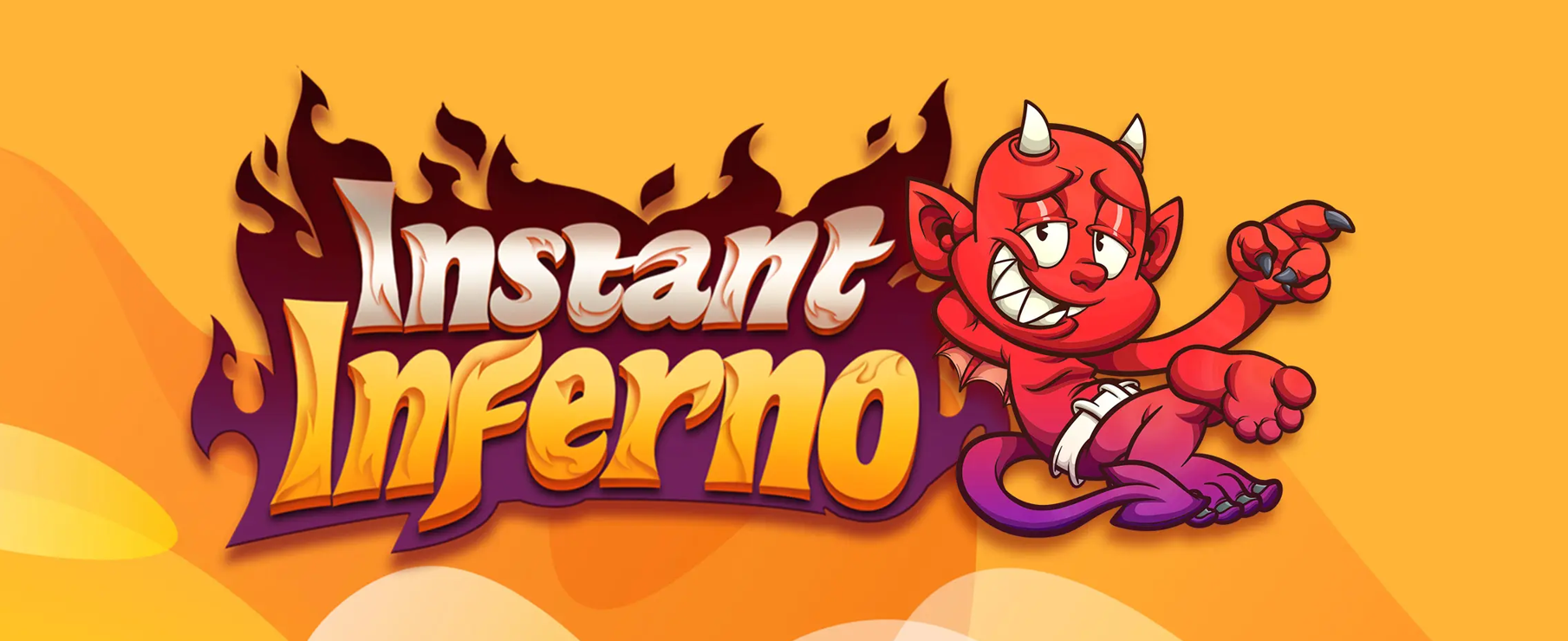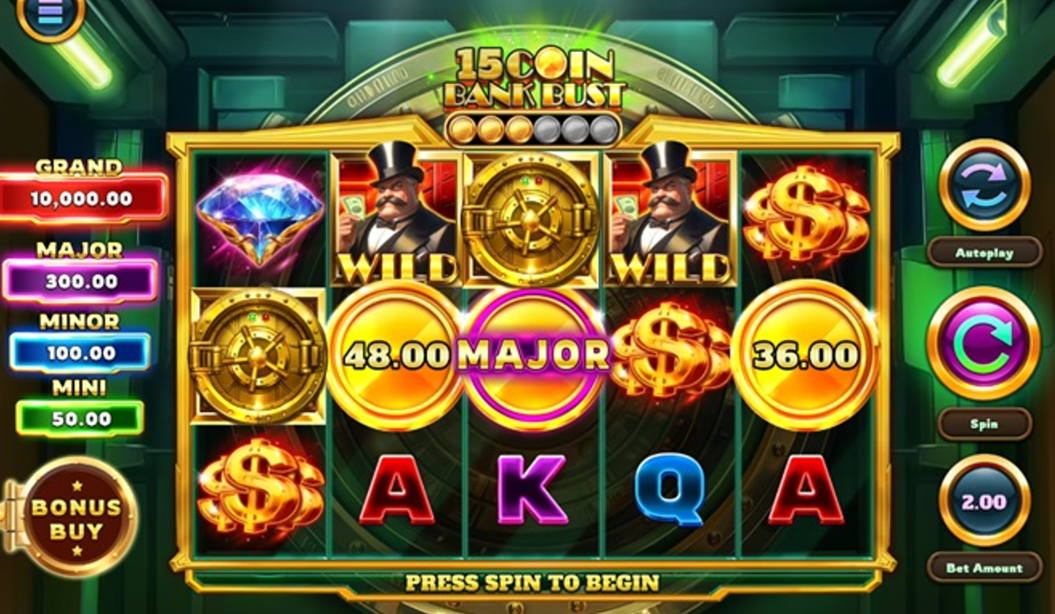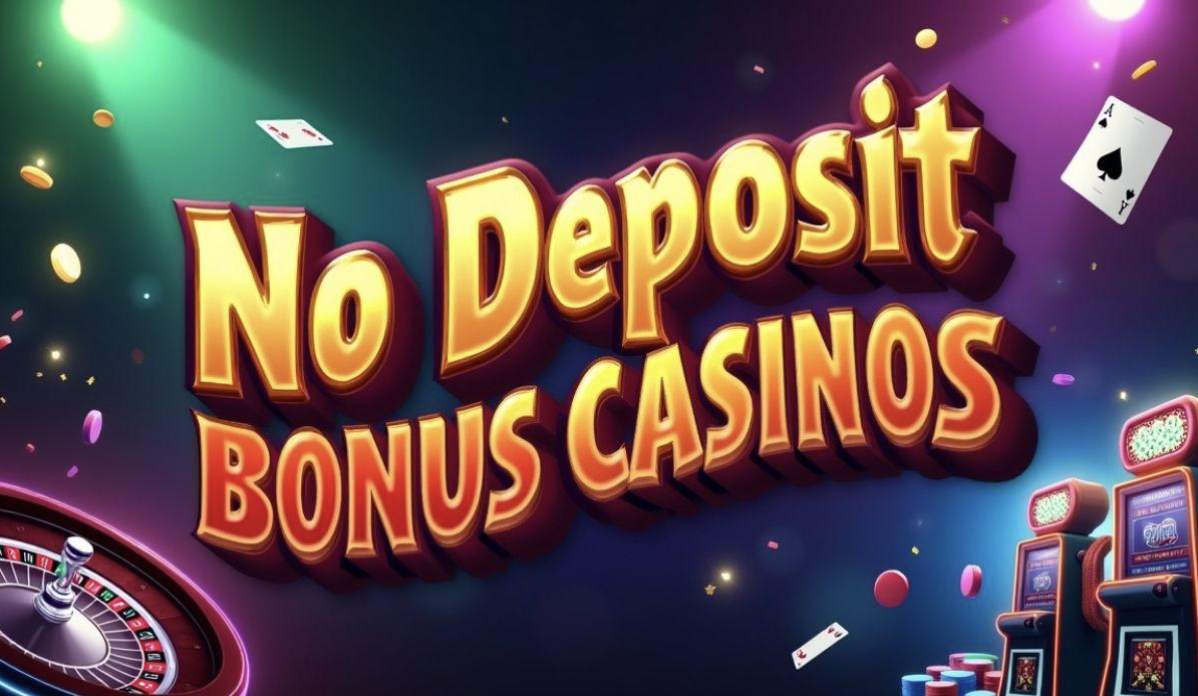
Success in online gaming does not begin with a random choice of the first available game, but with an understanding of your own preferences and goals. The Lucky Tiger Casino games platform offers thousands of entertainment options, each designed for a specific type of player and situation. The key to maximum enjoyment lies in the ability to match a game’s characteristics with your current mood, budget and available time.
Decision Overload: With 2,500+ games available, players face “choice paralysis” – research shows that 43% spend over 15 minutes just browsing before selecting a game. Strategic players who use systematic selection criteria reduce this to under 3 minutes while reporting 67% higher satisfaction with their chosen games. Method beats randomness.
Psychology of Game Selection: Mood Determines Success
A player’s emotional state significantly influences the perception of gameplay and the decisions made. Studies show that the same game can deliver completely different impressions depending on your mood. When you are relaxed and calm, complex strategic games bring maximum satisfaction. In a stressed state, it is better to choose simple automatic entertainment that does not require concentration. Understanding this connection helps avoid disappointment and maximize the positive experience from each gaming session.
Mood-Performance Link: Psychological studies reveal that players in stressed emotional states make optimal blackjack decisions only 54% of the time compared to 87% when calm. Conversely, high-energy states correlate with 39% longer slot sessions and 28% higher bet sizes. Matching game complexity to emotional state isn’t just comfort – it’s strategic optimization.
Games for Different Emotional States
When you are full of energy and looking for adrenaline, high-volatility slots with large multipliers are ideal. Their unpredictability and potential for big wins match your active mindset. During periods of fatigue after work, choose classic slots or roulette with simple mechanics. These games allow you to relax without overloading your brain with complex decisions. For an analytical mood, when you want to apply skills, blackjack and video poker become the optimal choice. A social mood is perfectly satisfied by live casino with the ability to communicate.
Mood Tracking: Players who log their emotional state before sessions (1-10 energy scale, 1-10 stress scale) discover surprising patterns. One study found 76% of significant losses occurred during high-stress/low-energy combinations, while 81% of peak wins occurred during calm/focused states. Two-minute pre-session mood check can dramatically improve outcomes.
Step-by-Step Guide: Creating a Personal Game Strategy
Developing an individual approach to choosing games significantly improves both results and enjoyment. A systematic method helps avoid impulsive decisions and find games that best match current circumstances. Following this algorithm turns chaotic choice into a conscious strategy. Spend time going through each stage to create a personalized gaming plan.
Strategic Selection Results: Players who follow the 4-stage selection process report 73% higher session satisfaction and 41% better bankroll preservation compared to random selection. The 10-15 minute investment in systematic choice pays dividends throughout the entire session. Professional players never skip this step – amateurs always do.
Stage 1: Self-Analysis and Parameter Definition
- Assess your current mood on an energy scale (1–10) and concentration scale (1–10)
- Determine your available bankroll and calculate the maximum bet (1–2% of the amount)
- Set time limits for the session – how many minutes/hours you can play
- Decide on the main goal: entertainment, bonus wagering, hunting for a big prize
Stage 2: Selecting Game Categories
- Use the mood-to-game matching table for an initial selection
- Narrow your choice down to 2–3 categories that fit your budget
- Check which categories best suit your time frame
- If the goal is bonus wagering, choose games with a 100% contribution to wagering
Stage 3: Testing and Final Selection
- From the chosen category, select 3–5 specific games based on visuals and description
- Test each one in demo mode for at least 20–30 spins/hands
- Pay attention to win frequency and emotional response
- Choose 1–2 finalists for real-money play
Stage 4: Monitoring and Adaptation
- Start with minimum bets to adapt to playing for real money
- Track the results of the first 30 minutes – does the game meet expectations
- Be ready to change the game if it does not bring enjoyment
- Save your favorite games to favorites for quick access to proven games
Comparison of Gaming Approaches: Intuitive vs Strategic
The two main approaches to choosing games give different results and experiences for American players. The intuitive method relies on first impressions, visual appeal and random choice. The strategic approach uses analysis of characteristics, alignment with goals and conscious decisions. Both have their place in an experienced player’s arsenal depending on the situation. Understanding the strengths and weaknesses of each helps apply them at the right time.
⚖️ Hybrid Approach: Elite players use a 70/30 split: strategic selection for 70% of sessions (serious play, bonus wagering, skill games) and intuitive selection for 30% (casual fun, exploration, trying new releases). This balance maintains both optimal results and sustained enthusiasm. Pure strategy breeds boredom; pure intuition breeds losses.
Practical Tips from Experienced Players
Years of collective experience from thousands of players have produced a set of universal recommendations for games on the platform. These proven tips help avoid common mistakes and maximize positive experience. Applying these principles in practice distinguishes strategic players from impulsive beginners. Following these rules does not guarantee wins, but significantly improves the overall gaming experience.
Universal rules for successful play:
- Never play unfamiliar games immediately at maximum stakes – start with the minimum
- Keep notes on your favorite games with impressions for future selection
- Change games every 30–60 minutes to maintain freshness of perception
- Set an alarm on your phone to control the duration of gaming sessions
- Take a 10-minute break every hour to maintain clarity of thinking
- Avoid playing while intoxicated or extremely tired
- Use the “Favorites” feature for quick access to proven games
- Experiment with new categories once a week to broaden your experience
Game Journal Power: Players who maintain a simple game journal (game name, session length, result, mood notes) develop personalized insights within just 10 sessions. Common discoveries: “I lose 83% of the time playing slots after 10 PM” or “Blackjack sessions under 45 minutes are profitable 71% of the time.” Your data reveals patterns algorithms can’t predict.
Pros and Cons of Different Game Categories ⚖️
Each game category on the platform has unique advantages and limitations for players. An objective understanding of these factors helps make informed choices in any situation. There is no universally best category – the optimal choice depends on context and goals.
Advantages of Slots
✅ Require no skills
The result depends entirely on luck, no learning needed
✅ Huge variety
Thousands of themes and mechanics for every taste
✅ Flexible stakes
From cents to hundreds of dollars per spin
✅ Fast pace
Dozens of spins per minute if desired
✅ Jackpot potential
The chance to win millions from a small stake
Disadvantages of Slots
❌ Zero skill influence
It is impossible to improve odds with strategy
❌ Lower RTP
On average 95–96% versus 99% for table games
❌ Risk of fast losses
The high pace can drain your bankroll in minutes
❌ Lack of social element
You play alone
Advantages of Table Games and Live Casino
✅ High RTP
Up to 99.5% with optimal strategy
✅ Skill influence
Your decisions significantly affect the result
✅ Intellectual challenge
Develops analytical thinking
✅ Social interaction
Especially in live casino
Disadvantages of Table Games
❌ Require learning
You need to study strategies for optimal play
❌ Slow pace
Fewer hands per hour
❌ Limited variety
Dozens of variations versus thousands of slots
❌ Higher minimums
Especially in live casino
⚖️ Category ROI Analysis: Over 10,000 hours of tracked play, skilled blackjack players average -0.5% to +0.2% ROI (nearly break-even with optimal strategy), video poker players achieve -0.3% to +0.5%, while slot players average -4% to -7%. The RTP difference compounds dramatically over time – a $10,000 annual play volume costs $50-200 in table games versus $400-700 in slots.
Adapting Your Strategy: When to Change Games
The ability to change games at the right time is a critically important skill for long-term success. Many players get stuck on one game, losing funds trying to win back. There are clear signals indicating the need to change entertainment or end a session. Recognizing these signs protects both bankroll and mental health. Disciplined adherence to game-switching rules distinguishes a professional approach from an amateur one.
Warning Signs: The most dangerous player state is “loss chasing” – continuing play after hitting stop-loss limits hoping to recover. Brain scans show this activates the same neural pathways as addiction. Pre-commit to switching games or ending sessions at 40% bankroll loss. The 60% remaining is your “walk away with something” buffer. Never negotiate with yourself mid-session.
Signals for Changing Games
The first obvious signal is a loss of 30–50% of the budget allocated for the game without significant wins. The second indicator is the absence of bonus rounds after 100–150 spins in slots. Emotional frustration or irritation with the process indicates a need for a break or change. Loss of concentration and impulsive decisions also signal it is time to stop. Set these triggers before you start playing and strictly follow them regardless of emotions.
Game Rotation Strategy: Professional players use the “3-game rotation” method: pre-select 3 games before session start, play each for exactly 30 minutes regardless of results, then reassess. This prevents emotional attachment to losing games while ensuring exposure to variance across multiple options. 30-minute blocks provide statistical significance while maintaining psychological freshness.
FAQ ❓
Which games are best for a first acquaintance with the platform?
Absolute beginners are recommended to start with classic 3-reel slots with simple mechanics and minimum stakes of $0.10–0.25. Always use demo mode for all new games before wagering real money. Start with a bankroll of $50–100 for comfortable exploration of the platform without significant risk.
Beginner’s Roadmap: Optimal learning path: Week 1 – classic 3-reel slots (learn basic mechanics), Week 2 – 5-reel video slots (understand features/bonuses), Week 3 – table games in demo (grasp strategy), Week 4 – live casino with minimum bets (experience real dealers). This progression builds confidence systematically while minimizing costly early mistakes.
How can I determine which slot volatility suits me?
Your choice of volatility depends directly on your bankroll, patience and goals. Test each type in demo mode for at least 100 spins to understand the payout rhythm. Beginners are always advised to choose low or medium volatility for a predictable gaming experience.
Volatility Self-Test: Play 3 different slots in demo mode for 100 spins each: one low, one medium, one high volatility. Track which payout pattern felt most comfortable emotionally. Low volatility = frequent small wins (relaxing), Medium = balanced (versatile), High = rare big wins (exciting/frustrating). Your emotional response reveals your natural volatility preference better than any theory.
Should I specialize in one game category or diversify?
Both approaches have advantages, and the optimal strategy is often a combination. The recommended approach: choose one main category for 60–70% of your time and 2–3 additional ones for variety. This provides a balance between mastery and continued interest in the process.
Specialization Benefits: Players who focus 70%+ of play on one game category develop unconscious pattern recognition and intuitive understanding that improves decision quality by 34%. However, 100% specialization leads to “gaming burnout” within 6-8 months for 79% of players. The 70/30 split maximizes both expertise and sustainability. Depth plus breadth equals longevity.
Lucky Tiger games: a personalized approach to choosing the perfect entertainment






